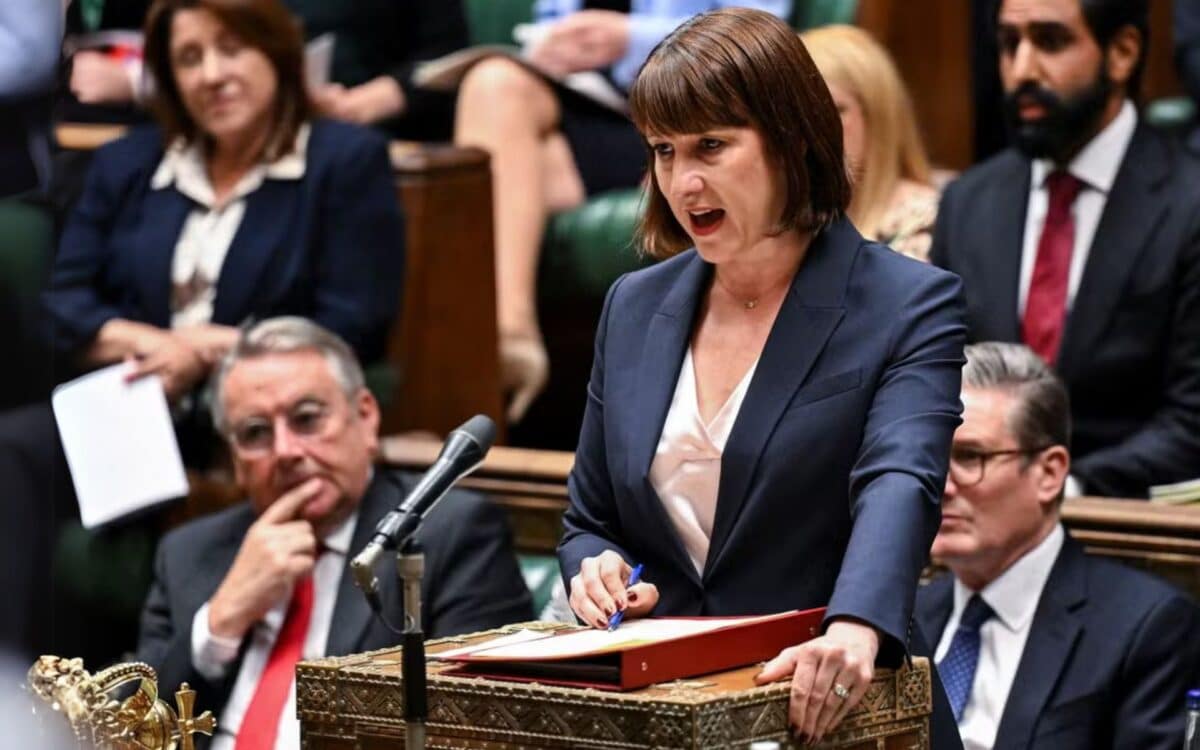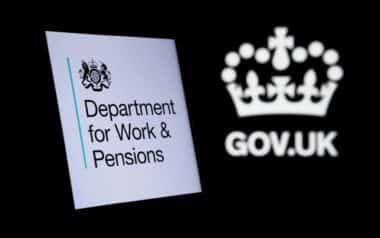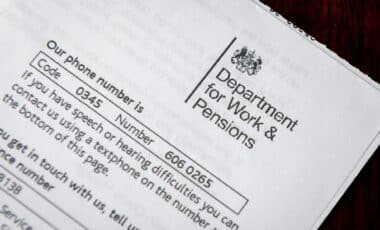Rachel Reeves, the Chancellor of the Exchequer, has announced new measures in the 2025 Spring Statement, including further cuts to the welfare bill. Following £5bn in welfare reductions announced last week, the government is moving forward with its fiscal plans despite concerns.
The Office for Budget Responsibility (OBR) has raised doubts about the effectiveness of the cuts, particularly in relation to disability benefits. These changes are part of the government’s broader strategy to address economic challenges.
According to Manchester Evening News, the measures are generating significant debate and criticism across various sectors.
Welfare Cuts and Their Impact
The Spring Statement introduces an additional £500 million in cuts to welfare spending. Among the key changes, the Universal Credit health element will be frozen for all new claimants, directly affecting individuals with health conditions or disabilities.
This follows the government’s ongoing effort to reduce welfare spending while attempting to balance the public finances.
The OBR has warned that cuts to disability benefits will not save as much money as ministers initially hoped, leading to concerns that these cuts may fall short of their fiscal goals. The government’s focus remains on reducing welfare spending as part of its broader effort to address the national deficit.
Criticism from Advocacy Groups and Politicians
The new cuts have sparked strong criticism from opposition leaders and advocacy groups. Liberal Democrat leader Ed Davey described the cuts as a “double whammy” for disabled individuals and their carers, urging the government to reconsider. Davey pointed out that
Carers need more support, not less. Snatching away the little support these carers get will do nothing to help people into work; it will just put more pressure on already over-stretched carers, social care and the NHS.
He emphasised that the government is prioritising big banks and gambling companies ahead of disabled individuals and their carers, arguing that it is both cruel and a false economy.
The Joseph Rowntree Foundation has warned that the reductions could push over 250,000 people, including 50,000 children, into poverty.
Paul Kissack, the Chief Executive of the Foundation, stated :
The Chancellor said today that she would not do anything to put household finances in danger, yet the government’s own assessment shows that their cuts to health-related benefits risk pushing 250,000 people into poverty, including 50,000 children. This will harm people, deepening the hardship they already face.
Rebecca Long-Bailey’s Concern
Salford MP Rebecca Long-Bailey expressed deep concern over the mental health impact of the welfare cuts, citing a distressing conversation with a constituent.
The constituent, terrified about the effects of the welfare reforms, had mentioned thoughts of suicide in response to the announcement. Long-Bailey stated:
My constituent told me last week, ‘I’m terrified of what will happen to me if I can’t work. I’m already having thoughts of suicide at the prospect of these changes and what they mean for disabled people.
She raised a key question to Rachel Reeves on how the government plans to prevent the poverty increase forecast as a result of these cuts.
In response, Chancellor Reeves emphasised the government’s commitment to working with businesses to ensure that more individuals with disabilities can stay in work, contributing both to their family finances and the broader economy.
Increased Defense Spending and Economic Strategy
Alongside welfare cuts, the Chancellor confirmed a £2.2bn increase in defense spending. The government justifies this allocation, citing the need to address global security concerns.
However, the emphasis on national security spending has raised questions about the government’s commitment to addressing domestic poverty and social inequality. Reeves stated that the world is becoming more insecure, and thus, national security must take a greater focus.
While defense spending has increased, the government’s approach to addressing economic challenges remains controversial. Gary Smith, General Secretary of GMB, criticised the government’s fiscal approach, stating,
14 years of Conservative chaos left deep scars across our country. But, it wasn’t those most in need who crashed the economy, and they shouldn’t be first in line to pay the bill for clearing up the mess.
Smith called for investment in key industries to secure jobs and ensure that communities aren’t left behind. He warned,
Workers want to see their jobs secured and new ones appearing in their communities, or they will take their votes elsewhere.
Regional and Economic Disparities
Experts, including those from the IPPR North think tank, have warned that welfare cuts tend to disproportionately affect northern regions of the UK. Zoë Billingham, Director of IPPR North, noted:
One thing hasn’t changed: regional inequality. Public spending remains skewed—London gets £2,747 more per person than the North.
She emphasised that regions like the North East, where a higher percentage of people are reliant on social security, will bear the brunt of these cuts.
Billingham advocated for fairer tax options, such as additional taxes on gambling company profits or capital gains, to ease fiscal pressure without deepening inequality.
Working Households Worse Off
The government’s economic strategy has also been criticised for not adequately addressing the needs of working households. Recent analysis from the National Institute of Economic and Social Research suggests that the poorest households will not benefit from the government’s economic measures.
Prof Arnab Bhattacharjee, Research Lead for Regional Modelling and Microsimulation, explained that recent wage increases have largely benefited the top three-tenths of the income distribution, leaving the working poor significantly worse off.
With no substantial initiatives targeting low-income households, the living standards and living conditions of the working poor will continue to stagnate – Bhattacharjee added.









